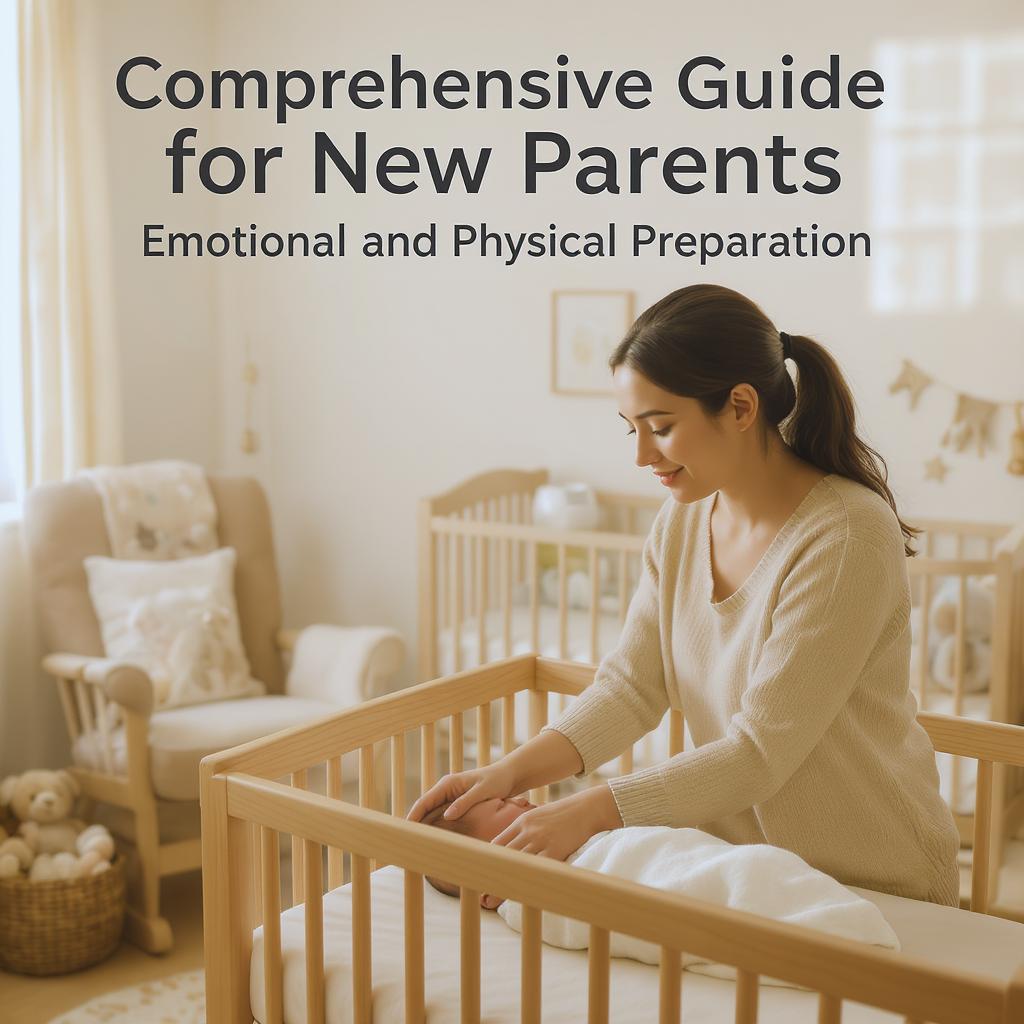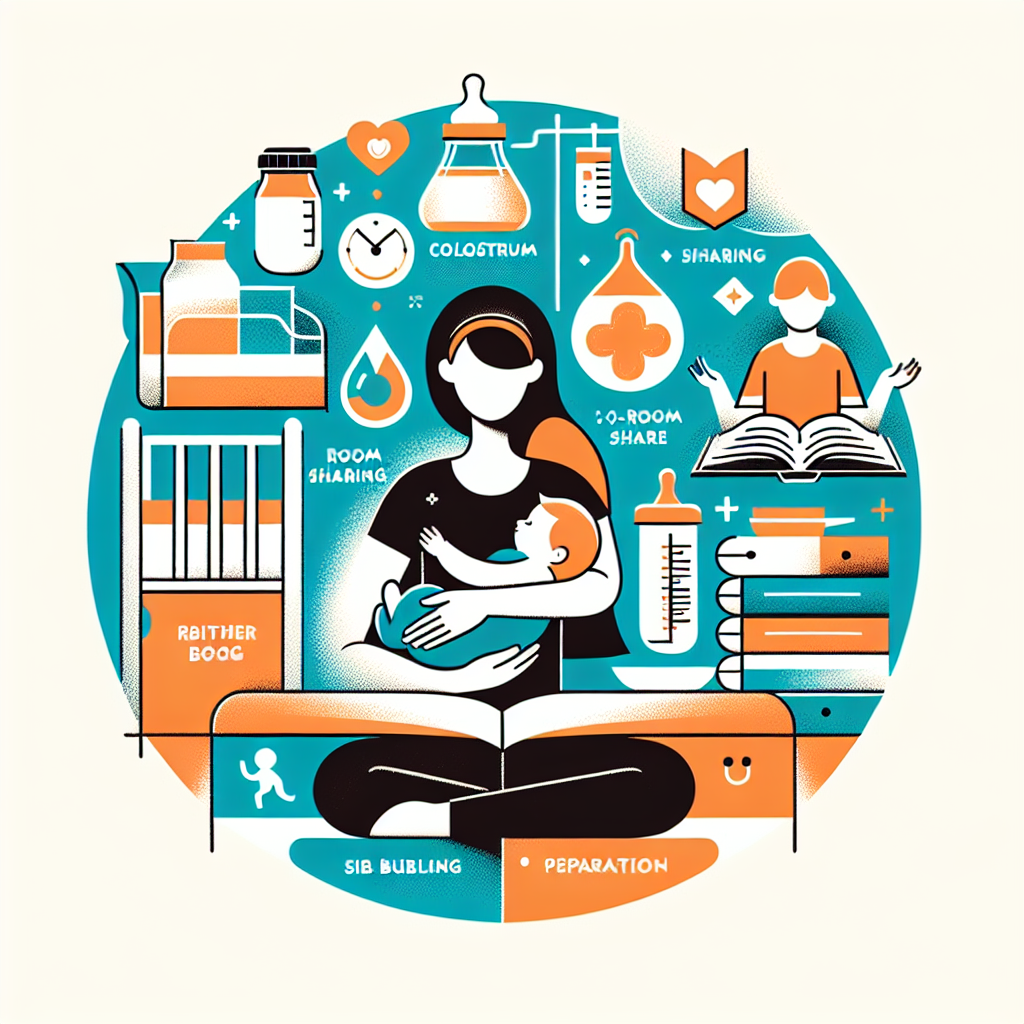
Navigating Preterm Labor: Insight, Support, and Empowerment
Articles
A Symphony of New Beginnings: Preparing for a Sibling and Welcoming the Baby Phase
Title: A Symphony of New Beginnings: Preparing for a Sibling and Embracing the Baby PhaseThe chirp of the morning birds, the gentle rustle of leaves, ...
Read
Marks of Love: Navigating Stretch Marks, Childbirth Classes, and Baby Acne with Grace
As the incredible journey of parenthood unfolds, we prepare ourselves for a myriad of experiences that will stretch not only our bodies but our souls....
Read
The Heartbeat of Motherhood: A Holistic Guide to Feeding, Caring, and Preparing
As you prepare to greet your little one, the excitement can be palpable, but so can the uncertainties. The whirlwind experience of welcoming a new lif...
Read
Preparing for Your Baby’s Pediatric Visits: Essential Steps and Tips
Main Point: A well-prepared pediatric visit—armed with questions, logs, and medical history—helps ensure your baby’s healthy growth and early detectio...
Read
Comprehensive Guide for New Parents: Emotional and Physical Preparation
Preparing for parenthood isn’t just about gathering the necessary physical items; it’s also about nurturing a strong emotional foundation. Expecting p...
Read
Caring for Your Newborn: The Harmonious Balance of Colostrum, Room Sharing, and Sibling Preparation
Caring for Your Newborn: The Harmonious Balance of Colostrum, Room Sharing, and Sibling Preparation
Welcoming a new baby into the family is a moment b...
Read

















